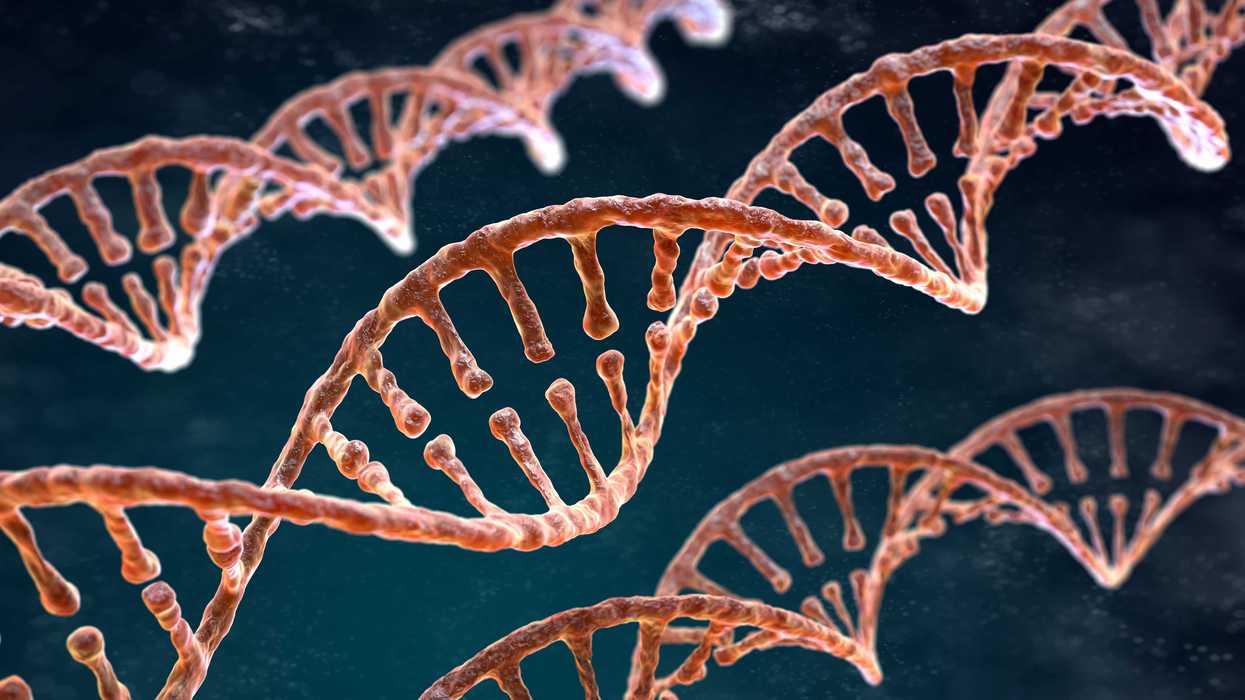Kris Hansen, a 3M chemist, discovered toxic PFOS chemicals in human blood in the late 1990s, but her research was halted by company executives who kept the information secret.
Sharon Lerner reports for ProPublica.
In short:
- Kris Hansen identified PFOS chemicals in the blood of people who never worked at 3M, indicating widespread contamination.
- Despite finding that PFOS was present in blood samples from various sources, Hansen's research was suppressed by her superiors.
- 3M continued producing PFOS chemicals despite internal studies showing their toxicity, only stopping after EPA intervention.
Key quote:
“When you have a contaminated site, you can clean it up. When you ubiquitously introduce a toxicant at a global scale, so that it’s detectable in everyone ... we’re reducing public health on an incredibly large scale.”
— Elsie Sunderland, an environmental chemist at Harvard University
Why this matters:
The widespread contamination indicated by Hansen's findings raises questions about the extent of PFOS presence in the environment and its impact on public health. It suggests that these chemicals may be leaching into our ecosystems, infiltrating water supplies, and accumulating in wildlife, ultimately making their way into the human bloodstream through everyday exposure.
The revelation that 3M may have suppressed science related to PFOS chemicals adds a troubling layer to the already concerning issue of widespread contamination. If substantiated, such actions would highlight a significant lapse in corporate responsibility, potentially exacerbating the public health and environmental impacts of these persistent pollutants.
Related EHN coverage:














